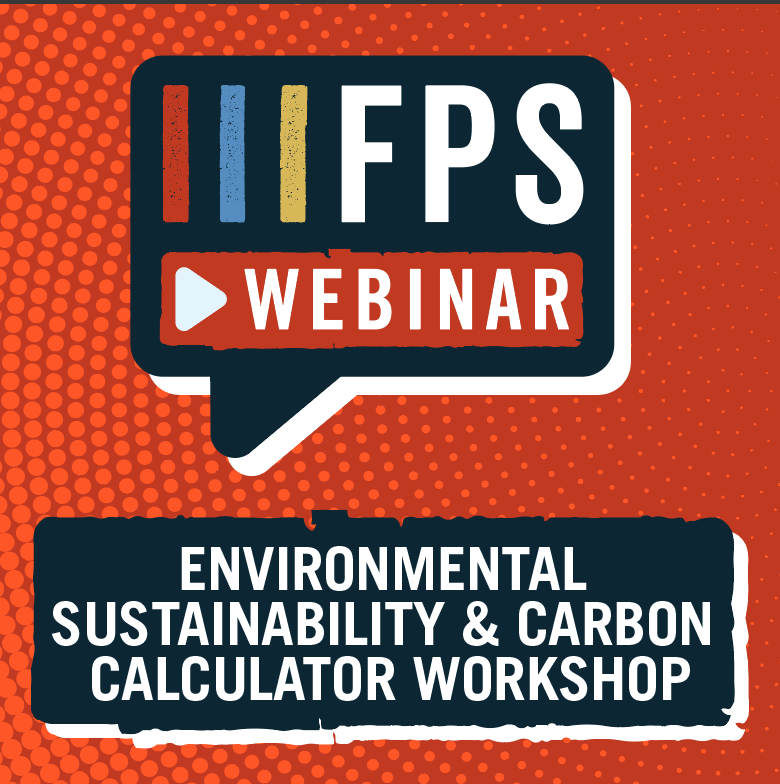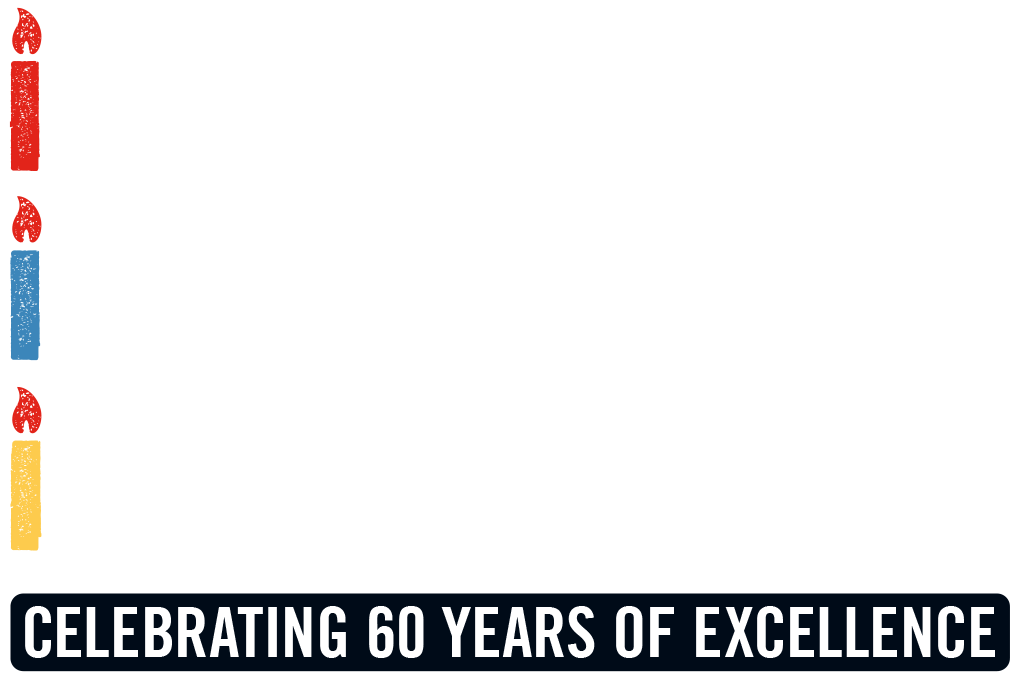
The Federation of Piling Specialists (FPS) webinar “Calculating your project’s carbon footprint”, which was held 21st July 2020 at 11am, attracted some 186 registrants all keen to take part in the first of a planned series of FPS events focussing on sustainability.
The webinar was hosted by David Major (Expanded), Chair of the FPS’ Early Careers Group, who not only set the scene for the event but also introduced the speakers taking part and the areas they would be discussing.
FPS Chair Steve Hadley began the webinar proceedings with a brief discussion of the importance of sustainability and how the number of people taking part is testament to the importance colleagues within the industry are taking the matter. Steve spoke of the social and economic implications and how construction has typically been viewed as part of the problem but how now it has the capability and motivation to rapidly become part of the solution; Steve also introduces briefly the EFFC/DFI carbon calculator.
Taking the baton from Steve, Luke Deamer (Keller) provided an excellent overview of Environmental sustainability as a backdrop to the EFFC/DFI carbon calculator. Luke explained what environmental sustainability in construction means, what is embodied carbon and how we measure it, and why embodied carbon even matters. Taking an interactive approach, Luke sought to discover what were the drivers in each participant’s company’s too and that the diversity of these answers given varies throughout the supply chain, reflecting motivators. From reporting embodied carbon through to legislation were all discussed in detail and how these are applicable to the geotechnical sector. Low carbon solutions were also outlined including methods of reducing concrete use and electric rigs.
Taking over from Luke, Martin Stanley (Bachy Soletanche) began his presentation talking about the 10-year history of the EFFC/DFI Carbon Calculator and its historical developments. Martin then took participants through the Carbon Calculator, using shared screen to explain how it works and how it can help understanding of the impact deep foundations activities have on climate change, how it can help reduce dependence on energy (direct and embodied), as well as to qualify innovative technique and materials impacts. Steve also explained how the Carbon Calculator can help foster innovation regarding existing processes and flows but also importantly demonstrate to customers the environmental (and normally commercial) advantage of some techniques / schemes compared to others.
Martin then went into detail about how the EFFC/DFI Carbon Calculator works, taking an almost step-by-step approach to its use and what the data generated means. Every single parameter was explained via a real-time worked example, allowing participants to see exactly how it can define the environmental impact of a project.
The webinar was then passed back to David Major who mediated the questions and answers suggestions. A diverse array of questions was asked including from the re-use of piles, AGS Data, and understandably the how accurate the carbon calculator is in estimating carbon use.
The webinar has been made available off-line for those who were unable to participate in real-time and is available here: https://www.fps.org.uk/events/fps-sustainability-series-calculating-your-projects-carbon-footprint/
